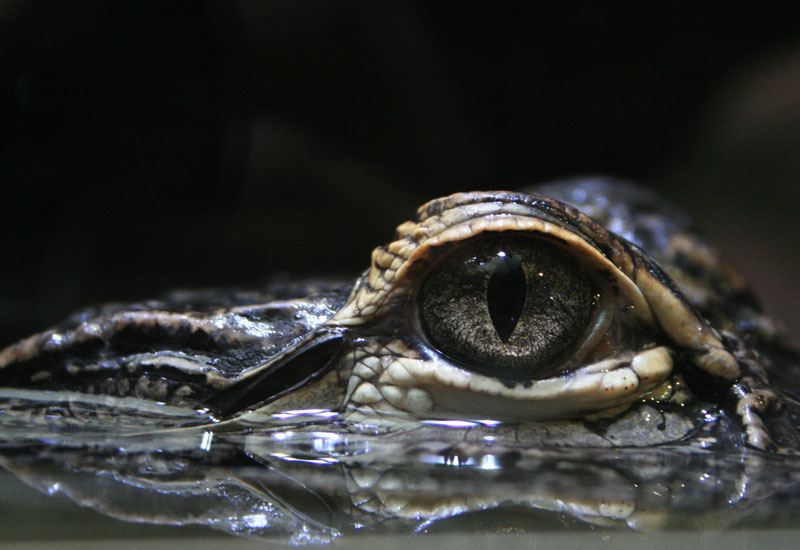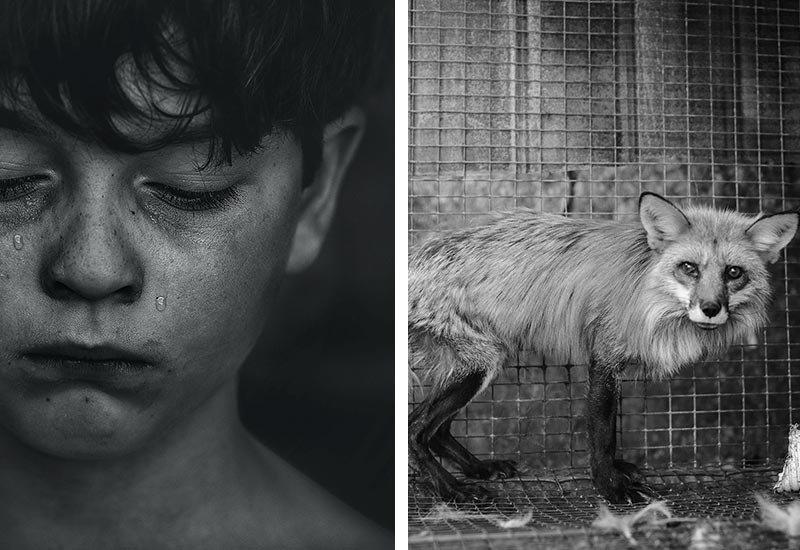Can animals cry from pain or emotion? We humans have an innate, primal ability to cry. The tears from our eyes signal sorrow, pain, anger, disappointment and helplessness, but also compassion and joy - and are thus also a means of communication with each other. Even cutting onions makes us cry. But what about tear production in non-human animals? After all, we also talk about crocodile tears - and some dog owners also believe they can recognize when their dog is sad and crying.
Animals have tear glands - but can they cry like humans? In this article I would like to explain to you whether animals can also shed tears due to feelings. Let's go!
Can animals also roll tears?

The basic answer to this question is YES! However, not for the aforementioned sentimental reasons that often make us humans cry.
Why do animals "cry"?
The eyes of many animals produce tears in order to Keep eyeballs moist, to provide the cornea with nutrients or to respond to environmental stimuli to be able to. The latter, for example, to be able to flush out foreign bodies on the eye.
And if we seem to detect crying in our dogs, then apart from the typical dried tear fluid, there may also be an eye inflammation, a blocked tear duct or even an allergy - i.e. a health reason - be the cause of this.
But with crocodiles the tears are also made of anatomical reasons shed. Simply because their upper jaw presses on the gland behind the third eyelid when eating. As a result, their eyes secrete. This is also the background of the expression "shedding crocodile tears", which describes a merely feigned sadness and consternation.
So our animal friends shed reflective tears - but not emotion-related body fluid. Animals do have feelingslike fear, joy and sorrow - but they do not cry out of emotion.
Tip: Can animals laugh like we humans do? I have dealt with the answer to this question in a separate article. Feel free to take a look there as well.
We humans are the only animals who cry emotionally

In all animals (human or non-human), the secretion of tears is an important protective function of the eye. However, crying from pain, disappointment or emotion is, according to current, scientific knowledge, a exclusively human property. It represents an original type of social behavior of us humans. But animals "cry" differently.
"The lower animals, like man, manifestly feel pleasure and pain, happiness and misery."
Charles Darwin (more under Animal welfare quotes)
With animals the tears roll rather for the explained physiological or health reasons. They show their emotions elsewhere and quite clearly through their body language. But if they could give free rein to their emotional tears, as we do, then the way to the cruelty to animals by man is probably much stonier.
I hope that I could help you with this article about animal crying. Do you have any questions or suggestions? Then I look forward to your comment.
Stay curious,

PS.: Feel free to look further in the animal welfare blog around. Learn now, for example, Why animal welfare is so incredibly important.





